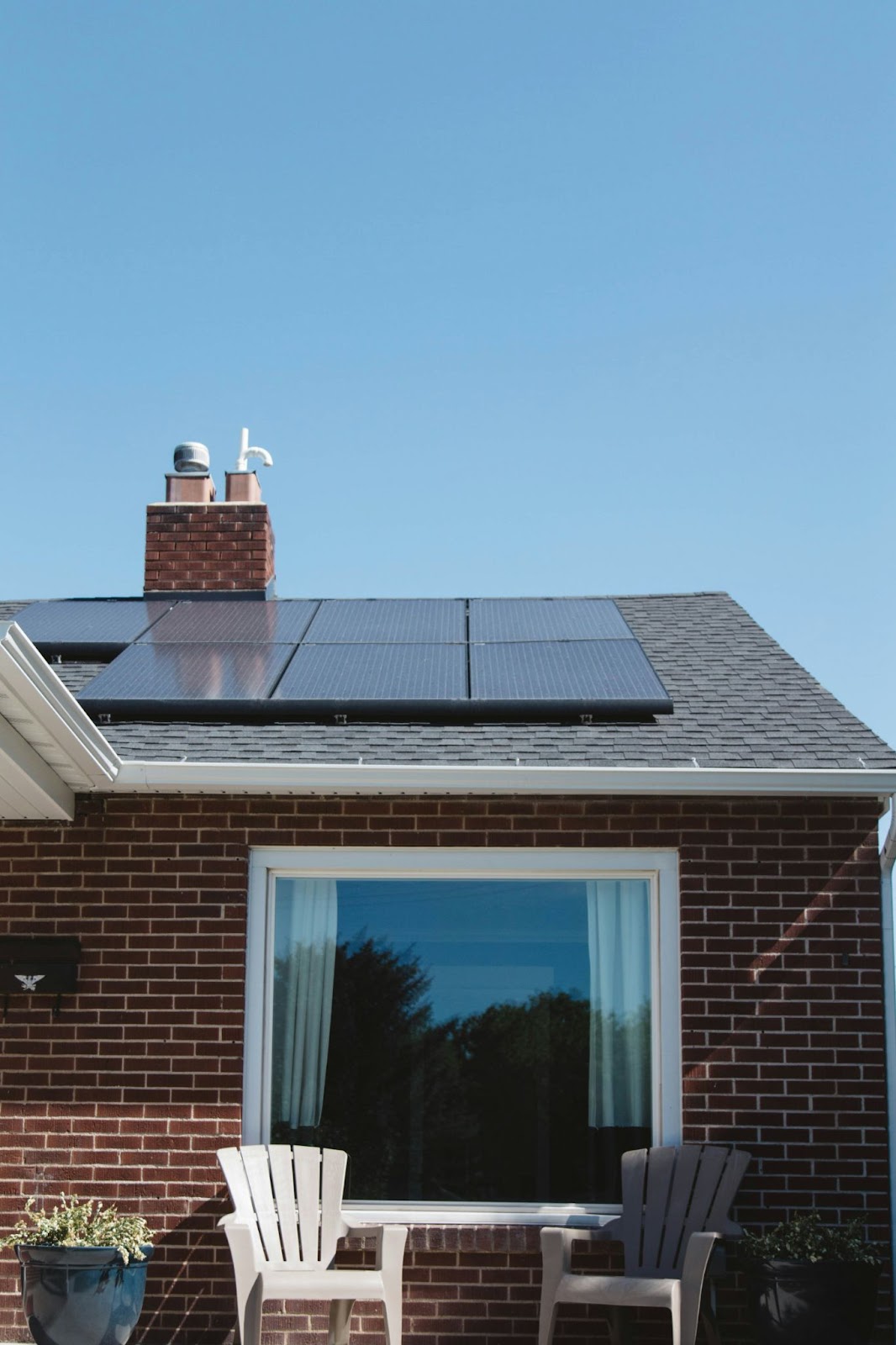Florida Real Estate and Energy Efficiency: A Look at Solar-Powered Homes
Florida, known as the Sunshine State, is uniquely positioned to harness solar power for residential use. With an increasing focus on sustainability, rising electricity costs, and incentives for renewable energy, solar-powered homes are becoming a significant trend in the Florida real estate market. Homebuyers and investors alike are recognizing the long-term benefits of energy efficiency, making solar energy a key factor in real estate decisions.
The Growth of Solar Energy in Florida
The adoption of solar power in Florida has grown exponentially over the past decade. Advances in solar technology, decreasing costs of solar panel installation, and state and federal incentives have contributed to this shift. According to the Solar Energy Industries Association (SEIA), Florida ranks among the top states for solar energy capacity, with thousands of homeowners switching to renewable energy every year.
One of the main drivers of this growth is Florida’s abundant sunshine. With over 230 days of sunshine annually, the state provides optimal conditions for solar energy production. Additionally, net metering policies, which allow homeowners to sell excess solar power back to the grid, make solar investments even more attractive.
Energy Efficiency Benefits for Homeowners
Investing in a solar-powered home provides homeowners with multiple benefits, both financial and environmental. Some key advantages include:
- Lower Utility Bills – Solar panels can significantly reduce or even eliminate electricity costs. With energy rates rising, homeowners can lock in their electricity expenses by generating their own power.
- Increased Home Value – Studies show that homes with solar panels sell faster and at higher prices compared to non-solar homes. Buyers are increasingly prioritizing energy efficiency when making purchasing decisions.
- Tax Incentives and Rebates – Florida homeowners can take advantage of federal tax credits, state incentives, and rebate programs that help offset the upfront costs of solar installation.
- Environmental Impact – By reducing reliance on fossil fuels, solar-powered homes contribute to a cleaner environment and lower carbon footprint.
- Energy Independence – Solar energy allows homeowners to rely less on the grid, providing more stability, especially in the event of power outages or extreme weather conditions.
- Hurricane Resilience – Florida experiences frequent hurricanes, and solar panels paired with battery storage can provide backup power during outages, keeping essential appliances running.
- Reduced Carbon Footprint – By transitioning to solar energy, homeowners can significantly decrease their greenhouse gas emissions, helping to combat climate change.
- Protection Against Rising Energy Costs – Utility rates tend to rise over time, but homeowners with solar panels can shield themselves from unpredictable energy price hikes.
Solar-Powered Homes and Real Estate Trends
As Florida’s real estate market evolves, solar-powered homes are increasingly seen as a valuable asset. According to real estate professionals, homes with solar panels tend to attract buyers who are environmentally conscious and interested in long-term savings.
Key trends in solar-powered real estate include:
- Growing Demand for Green Homes – More buyers are seeking properties with energy-efficient features, including solar panels, smart thermostats, and high-efficiency appliances.
- HOA and Community Solar Initiatives – Some homeowners’ associations (HOAs) and planned communities are adopting solar-friendly policies, making it easier for residents to install solar systems.
- Solar Leasing and Power Purchase Agreements (PPAs) – Many homeowners are opting for leasing programs that allow them to benefit from solar energy without the high upfront installation costs.
- New Construction Embracing Solar – Builders and developers are incorporating solar technology into new homes, making it a standard feature in many modern communities.
- Net-Zero Homes – More homeowners are striving for net-zero energy homes, where solar panels produce enough energy to offset a household’s total energy consumption.
Challenges and Considerations
While solar power presents numerous benefits, there are challenges that homeowners and buyers should consider before making the switch.
- Upfront Costs – Although solar panel prices have decreased, installation can still be costly. However, financing options such as loans and leasing programs can make it more accessible.
- Roof Suitability – Not all roofs are ideal for solar panels. Factors like shading, roof orientation, and structural integrity can impact solar efficiency.

- HOA Restrictions – Some communities may have regulations that limit or dictate the installation of solar panels. However, Florida law protects homeowners’ rights to install solar systems.
- Maintenance and Repairs – While solar panels are generally low-maintenance, occasional cleaning and monitoring are necessary to ensure peak performance.
- Battery Storage Costs – While solar batteries provide backup power, they can be expensive. However, prices are gradually decreasing as technology advances.
- Weather Variability – While Florida enjoys ample sunshine, cloudy days and seasonal variations can affect solar energy production. Battery storage and grid connections help mitigate this issue.
Financial Incentives and Programs for Florida Homeowners
Florida homeowners have access to various financial incentives that make solar investments more affordable. Some of the key programs include:
- Federal Solar Investment Tax Credit (ITC) – Homeowners can claim a federal tax credit for a percentage of their solar installation costs, significantly reducing overall expenses.
- Florida Property Tax Exemption – The added value of a solar energy system is exempt from property tax assessments, ensuring that homeowners benefit without increased property taxes.
- Sales Tax Exemption – Solar energy systems in Florida are exempt from state sales tax, lowering the cost of installation.
- Net Metering Policies – Homeowners can sell excess energy back to the grid, further reducing electricity costs and even generating additional income in some cases.
- PACE Financing (Property Assessed Clean Energy) – This program allows homeowners to finance solar installations through their property taxes, making it easier to afford upfront costs.
The Future of Solar-Powered Homes in Florida
As the demand for sustainable living continues to grow, the future of solar-powered homes in Florida looks promising. Government policies, technological advancements, and increasing consumer awareness will likely drive more homeowners to adopt solar energy solutions.
In the coming years, innovations in solar battery storage, more affordable installation options, and improved energy efficiency will make solar homes even more attractive. Additionally, as climate change concerns and extreme weather events become more prevalent, energy resilience will play a crucial role in shaping the real estate market.

Future developments in Florida’s solar market may include:
- Community Solar Projects – Shared solar farms that allow residents to benefit from renewable energy without installing panels on their homes.
- More Solar-Ready Homes – New construction homes will increasingly be designed to accommodate solar installations easily.
- Smart Energy Management Systems – Integration of solar power with smart home technology will enable homeowners to optimize energy use more efficiently.
Solar-powered homes are transforming Florida’s real estate landscape, offering financial savings, environmental benefits, and increased property value. As more homebuyers and investors prioritize energy efficiency, solar energy is set to become a key feature in the future of Florida real estate. Whether buying, selling, or investing, understanding the impact of solar technology on property values and sustainability will be essential in navigating the evolving market.
By embracing solar power, Florida homeowners can enjoy long-term savings, energy security, and a cleaner environment—all while increasing the value of their properties. With continued advancements in solar technology and supportive policies, the trend of solar-powered homes is poised for continued growth in the Sunshine State